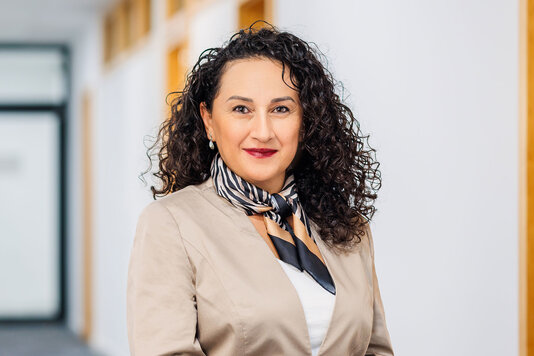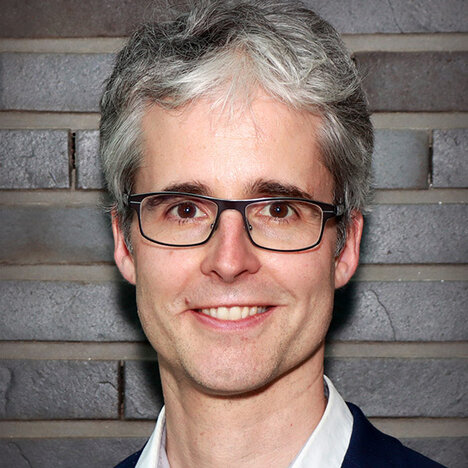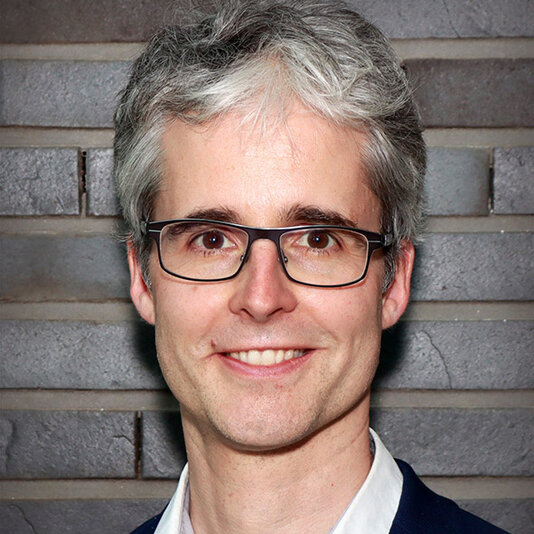
This project aims to comparatively examine the ethnic-racial socialisation (ERS) practices of German and Turkish-origin adolescents and their parents residing in Germany. In the context of increasing cultural diversity and migration, understanding how parents support their children’s identity development and how they prepare them to cope with potential discrimination is of growing importance. ERS refers to the processes through which parents convey messages about ethnicity, race, cultural heritage, and strategies for managing bias. Key dimensions of ERS include cultural socialisation, preparation for bias, promotion of mistrust, egalitarianism, and silence about race. Prior research highlights the protective role of ERS in fostering ethnic identity, psychological resilience, and academic engagement, particularly when paired with parental warmth and emotional support. While German parents often emphasise independence and autonomy, Turkish-origin parents tend to prioritise respect, family cohesion, and cultural continuity. However, generational status and educational background influence these practices, with second-generation Turkish parents increasingly adopting hybrid strategies that balance heritage and host culture expectations.
Despite its relevance, ERS remains underexplored in the German context, especially in comparative studies. On the other hand, little is known about how adolescents perceive their parents' messages on ERS. This project will involve 40 participants (20 adolescents aged between 13 and 18, and 20 of their parents) with Turkish origin living in Germany. Data will be collected through semi-structured interviews and participant observations, and analysed via qualitative content analysis. The study seeks to identify the ERS strategies employed, the challenges parents face, and how adolescents perceive their parents' interpretation of ERS. Findings will contribute to both academic scholarship and practical efforts to support immigrant and native families in multicultural settings.

Prof. Tülin Şener
Ankara University (Turkey) | Educational and Developmental Psychology
E-mail: tulin.sener@college-uaruhr.de
Tülin Şener is Full Professor of Educational Psychology at Ankara University, Turkey. As an expert in developmental psychology, her research spans child and adolescent development, identity, well-being, parenting, children’s and youth participation and civic engagement with a strong focus on culturally contextualised perspectives. With extensive international experience, she has held prestigious positions as a visiting scholar at The City University of New York and the University of Illinois at Urbana-Champaign, USA, and conducted postdoctoral research at the Berlin Intercultural Research Center for Child, Youth, and Adult Studies, Germany.
Tülin Şener has played a pivotal role as a national and international consultant, particularly for the Council of Europe, where she contributes actively to education policy and democratic participation projects aimed at strengthening youth civic engagement, child rights, and democratic and inclusive education across Europe and Turkey. Additionally, she serves as a consultant for United Nations initiatives focused on youth rights, sexual and reproductive health education, and humanitarian support programmes for young refugees.
Her scholarly contributions include numerous authored and edited academic books, peer-reviewed articles, and significant translations. She also holds advisory roles in key child rights, democratic education, and youth participation initiatives, reflecting her commitment to bridging academic research with impactful policy and practice.
 ©
© UDE ZIM Badtke
©
© UDE ZIM Badtke
Prof. Philipp Jugert
University of Duisburg Essen | Intercultural Psychology
E-mail: philipp.jugert@uni-due.de
 ©
© UDE ZIM Badtke
©
© UDE ZIM Badtke
Prof. Philipp Jugert
University of Duisburg Essen | Intercultural Psychology
E-mail: philipp.jugert@uni-due.de
Philipp Jugert is Professor of Intercultural Psychology – Migration and Integration at the University of Duisburg-Essen. Previously, he was a research associate at the University of Leipzig (2011-2018). Jugert completed his PhD at the International Graduate College ‘Conflict and Cooperation between Social Groups’ (IGC) at the University of Jena.
His work focuses on social-developmental psychology, intergroup relations, identity development, and civic engagement of young people. In particular, he explores how children and adolescents navigate cultural diversity in a variety of settings and how social contexts shape and are shaped by their attitudes and behaviours. He has co-led several national and international collaborative projects on youth integration and political socialisation. His current work investigates civic engagement of immigrant parents in formal and non-formal institutional settings.